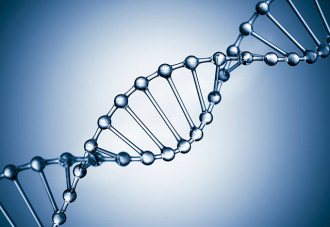 Networking outfit Cisco is launching of an extensible and software driven architecture for digital business solution, Digital Network Architecture (DNA).
Networking outfit Cisco is launching of an extensible and software driven architecture for digital business solution, Digital Network Architecture (DNA).
Cisco DNA is part of the company’s datacentre based Application Centric Infrastructure (ACI) technology by extending the policy driven approach and software strategy throughout the entire network.
Cisco enterprise products and solutions senior vice-president, Rob Soderbery, said this extends it from campus to branch, wired to wireless, and core to edge.
Cisco DNA is part of the Cisco ONETM Software family which his supposed to simplify software-based licensing, and helping with investment protection and flexibility.
Soderbery said that Cisco DNA was built on the principal of virtualising everything that moves to allow organisations freedom to run any service anywhere, independent of the underlying platform – physical or virtual, on premise or in the Cloud.
DNA is designed for automation to make networks and services on those networks easy to deploy, manage and maintain, fundamentally changing the approach to network management. It also has pervasive analytics to provide insights on the operation of the network, IT infrastructure and the business.
He said service management can be delivered from the Cloud to unify policy and orchestration across the network.
It also integrates Cisco and third party technology, open APIs, and a developer platform to support an ecosystem of network-enabled applications






